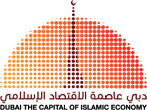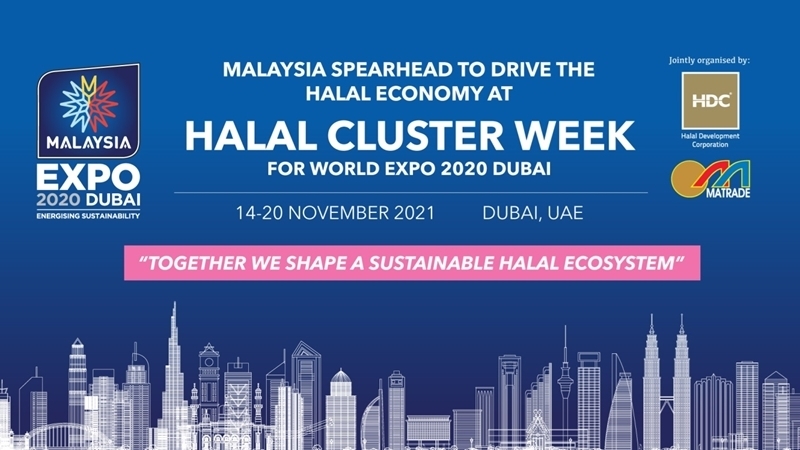Halal needs to move from certification and ingredients to an asset class
It is one of the legs of an Islamic economy for Dubai, as recently mentioned by His Highness Shaikh Mohammad Bin Rashid Al Maktoum, Vice-President and Prime Minister of the UAE and Ruler of Dubai. It is a $640-billion (Dh2.35 trillion) niche market with greater reach and traction than Islamic finance for Muslims. It is also a consumer non-cyclical, linked to the real economy and asset-backed. Furthermore, companies such as Nestlé, Unilever, Cargill, Kraft and other Fortune 500 companies produce goods for this niche market.
We’re talking about the halal industry: from food and pharmaceuticals to cosmetics, logistics and more — $2.1 trillion in total, with the food sector comprising about a third.
According to a consultant study, “Consumer spending on food in the GCC is expected to reach $106 billion in the next five years … [and] Saudi Arabia and the UAE together account for around 75 per cent of the region’s total food retail market”.
Halal was in the Arab Spring countries long before Islamic finance, and they are now just talking about building enabling environment for sukuk. Here, an agriculture sukuk would have a more direct impact than general purpose sukuk.
Halal presence is a better indicator of Muslim purchasing power than the traction of Islamic finance in Western countries. “Halal has gone mainstream,” says Darhim Hashim, CEO of the International Halal Integrity Alliance. “There are now aisles — no longer shelves — in supermarkets such as Asda and Tesco, dedicated to halal products.”
Halal needs to move from the present conversation of certification and ingredients to an asset class. Thomson Reuters and Idealratings launched the world’s first halal food index, the Socially Acceptable Market Investments Halal Food Index, at the World Halal Forum in 2011. At the launch, there were 240 companies from 15 Muslim countries, including seven from the UAE, thus facilitating inward investing and intra-Organisation of Islamic Cooperation (OIC) investing.
Two points need to be addressed. Firstly, Muslims do not control the halal food supply chain (the OIC, overall, are net importers), especially at the important midstream, manufacturing and processing stages. Secondly, the present approach to food security by way of agriculture, food and land bank funds has yet to meet expectations.
There is a third way, beyond domestic growth and importing, that is less about securing food supply and more about controlling it. However, to control it, one has to know the farm to fork to finance supply chain, as well as traceability, leakages and the like.
Shaikh Mohammad’s announcement has reached the far corners of the food and finance world, and Dubai has the vision, will and means to address food security and build a global brand in the food industry, much like Emirates is for air transportation.
— The writer is Global Head, Islamic Finance & OIC Countries, Thomson Reuters



